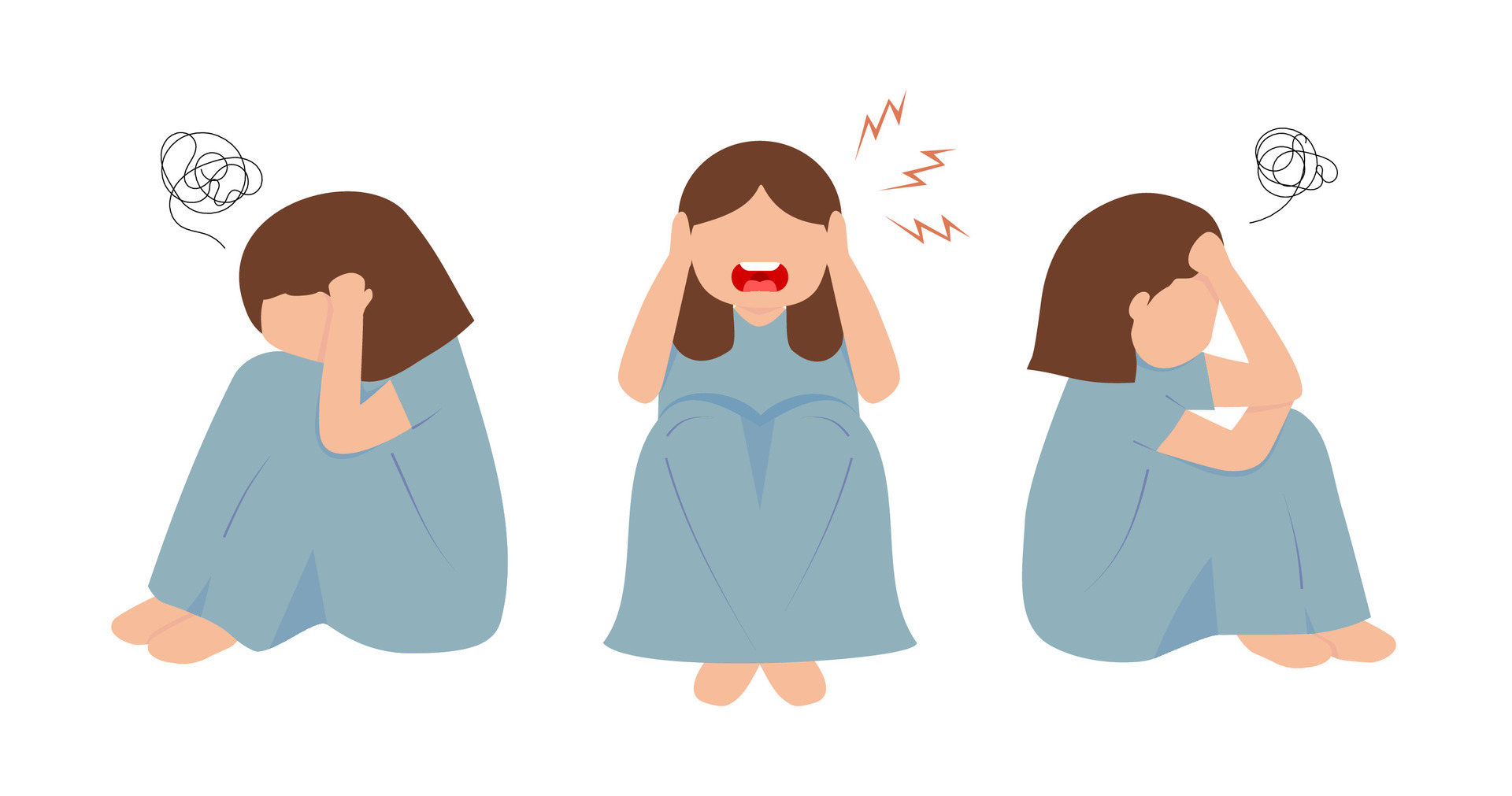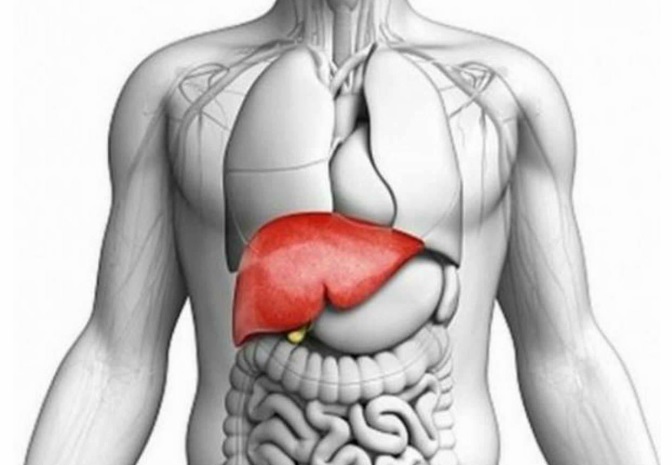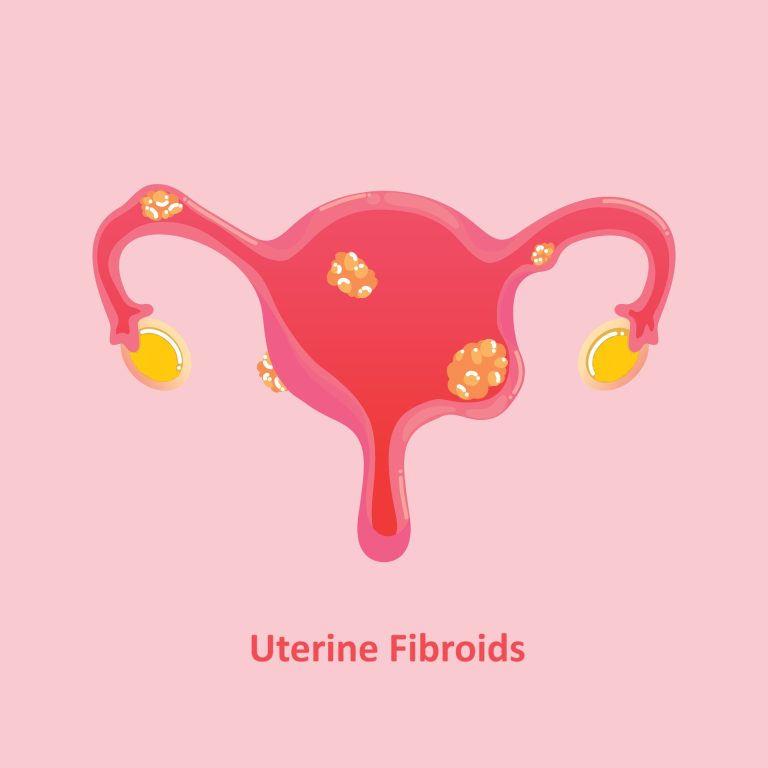In today’s fast-paced and stress-filled era, mental or psychosomatic diseases are rapidly increasing because the mind and body have a deep connection. A person’s emotions and thoughts continuously influence his body. Similarly, physical activities also affect a person’s feelings and thoughts. In an emotionally charged state, a person’s digestive function, blood pressure, breathing, and other bodily processes are affected. For example, in a state of intense fear, a person may turn pale, experience dryness in the mouth, have rapid breathing, lose appetite, experience slow digestion, and may feel the urge to urinate or defecate. Usually, stress increases breathing and heart rate. Similarly, there are intense physical changes in other stimuli as well. Various stimuli are present in an average person for a short period of time. If emotional stress persists for a long time, mental or psychosomatic disorders can occur in the person.
It is known that about 70% of diseases are psychosomatic. We have treated many such patients during our practice period through electrohomeopathic medicines. Undoubtedly, electrohomeopathy has proved to be very beneficial in mental or psychosomatic illnesses!
Types of Mental Disorders
Depression
Depression is a mental health disorder characterized by persistent feelings of sadness, hopelessness, and a lack of interest or pleasure in activities. It affects how you feel, think, and handle daily activities, and it can negatively impact various aspects of your life, including your relationships, work or school performance, and physical health. Multiple factors, including genetic predisposition, brain chemistry, life events such as trauma, loss, stress, certain medical conditions, or side effects of medications, can trigger depression. It’s essential to understand that depression is a medical condition that requires treatment and support.
Stress
Stress is mental or emotional strain or tension from adverse or demanding circumstances. It can arise from various sources, such as work pressure, financial difficulties, relationship problems, or major life changes. Stress can manifest physically, emotionally, or behaviorally and has short-term and long-term effects on an individual’s health and well-being. Common symptoms of anxiety include irritability, fatigue, headaches, muscle tension, difficulty concentrating, and changes in appetite or sleep patterns.
Anxiety
Anxiety arises from depression, despair, and sorrow. When we ignore our emotions, they become the cause of our sorrow. Similarly, neglect can take the form of anxiety. In this, the person is aware of his illness and continues to manage his livelihood, etc. Until the distress becomes more serious, both mental and physical symptoms are seen in patients with anxiety disorders. These include anxiety, fear, restlessness, doubt, decreased concentration, repeating the same task, etc.
Generalized Anxiety Disorder (GAD)
People suffering from this disorder continue to worry about everyday events in life without any reason. They anticipate a terrible event and do not stop worrying about health, money, family, office, school, etc. In this situation, there is a state of fear, worry, and fear in daily life. Eventually, this worry dominates the person’s thinking, leading to difficulties in social activities, career, school, relationships, and daily life. Some of its symptoms are Restlessness or a sense of being on the edge, Fatigue, Lack of concentration, Irritability, Muscle tension, Sleep problems, etc.
Phobia
This term describes an intense fear of a specific object or situation. People suffering from this condition start experiencing fear or anxiety without any reason. For example, some people fear heights, mice, cockroaches, rivers, ponds, snakes, or crowds. There are other Phobias also, like Social Phobia, where a person cannot speak openly to anyone and hesitates to attend weddings, parties, or meetings, fearing they might say something wrong or become the subject of ridicule. There is also Agoraphobia, where a person starts to fear crowds. Sometimes, the situation becomes so serious that the person avoids daily activities such as going to banks, grocery stores, or malls. They prefer to stay at home most of the time.
Insomnia
It is a sleep disorder characterized by difficulty falling asleep, staying asleep, or both, despite having the opportunity to sleep. People with insomnia often experience daytime fatigue, irritability, difficulty concentrating, and mood disturbances due to insufficient or poor-quality sleep.
Parkinson’s Disease
It is a progressive neurological disorder that affects movement. It is characterized by tremors, stiffness, slow movement (bradykinesia), and impaired balance and coordination. The disease occurs when nerve cells in the brain, specifically in the substantia nigra region, become damaged or die, leading to a decrease in dopamine levels. Dopamine is a neurotransmitter that plays a crucial role in regulating movement and emotional responses.
Epilepsy
It is a neurological disorder characterized by recurrent seizures. Seizures occur due to sudden, excessive electrical discharges in the brain, leading to temporary disturbances in normal brain function. These disturbances can cause a wide range of symptoms, including convulsions, loss of consciousness, confusion, staring spells, and sensory disturbances. Epilepsy can have various causes, including genetic factors, brain injury, infections, brain tumors, or developmental disorders.
Migraine
It is a neurological disorder characterized by recurrent moderate to severe headaches, often accompanied by other symptoms such as nausea, vomiting, sensitivity to light, sound, or smells, and sometimes visual disturbances known as aura. These headaches can last for hours to days and can significantly affect daily activities and quality of life. Migraines are believed to be caused by changes in the brain and nervous system, although the exact mechanisms are not fully understood. Triggers for migraines can vary widely among individuals and may include certain foods, hormonal changes, stress, sensory stimuli, changes in sleep patterns, and environmental factors.
It’s important to note that mental illnesses vary widely in their severity and impact on individuals, and effective treatment often involves a combination of medication, therapy, and support services tailored to each person’s needs.




